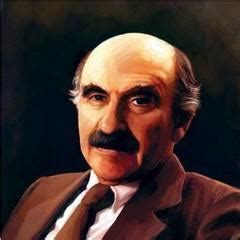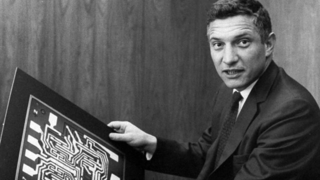A Quote by Theodore Levitt
Just as energy is the basis of life itself, and ideas the source of innovation, so is innovation the vital spark of all human change, improvement and progress.
Related Quotes
Innovation is not a big breakthrough invention every time. Innovation is a constant thing. But if you don't have an innovative company [team], coming to work everyday to find a better way, you don't have a company[team]. You're getting ready to die on the vine. You're always looking for the next innovation, the next niche, the next product improvement, the next service improvement. But always trying to get better.
The Open Source theorem says that if you give away source code, innovation will occur. Certainly, Unix was done this way... However, the corollary states that the innovation will occur elsewhere. No matter how many people you hire. So the only way to get close to the state of the art is to give the people who are going to be doing the innovative things the means to do it. That's why we had built-in source code with Unix. Open source is tapping the energy that's out there.
Energy is a sector of the economy that has been particularly resistant to innovation. This is precisely the problem. It is why we are still dependant on energy sources that are 100 to 150 years old while virtually every other sector of the economy has transformed itself. This is why we believe that the faith that many environmentalists still hold that carbon regulations and taxes will drive sufficient private sector investment into energy markets to create the kind of innovation we need is unfounded.
Creativity is the generation and initial development of new, useful ideas. Innovation is the successful implementation of those ideas in an organization. Thus, no innovation is possible without the creative processes that mark the front end of the process: identifying important problems and opportunities, gathering relevant information, generating new ideas, and exploring the validity of those ideas.
It's the unlikely juxtaposition of creativity and logic which causes the wooliness and confusion around the term 'innovation'. Everybody wants to be innovative; many companies and ideas are proclaimed to be innovative and no one doubts that innovation is a money spinner. And, thus, we are all looking for the magic formula. Well, here you go: Creativity + Iterative Development = Innovation.




































